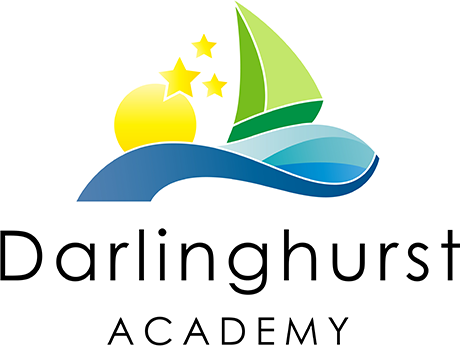Early Years Provision – The Rockpool
Welcome to the Rockpool – the Early Years
Our Early Years provides the foundation learning for our 3-5 year old children within the Rockpool. It is a nurturing environment that provides security and growth to our youngest children.
Our 3-4 year old children begin their journey in Tiddler’s (our Nursery) and continue to be in Reception as members of Jellyfish and Starfish. Together they form the Rockpool.
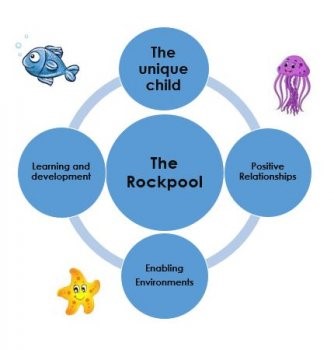
Children can also start with us in the Reception year, selecting Darlinghurst as the school of choice within the admissions process. Please click here to visit the admissions page.
Throughout their time in the Rockpool, children develop their curiosity and wonder as they explore, discover and create. The Rockpool is a dedicated area for Early Years provision, with indoor and outdoor zones, across the Foundation stage. Our provision is a balance of adult-led and child-initiated learning. We support them in developing their characteristics of learning within a rich curriculum across seven areas of learning.
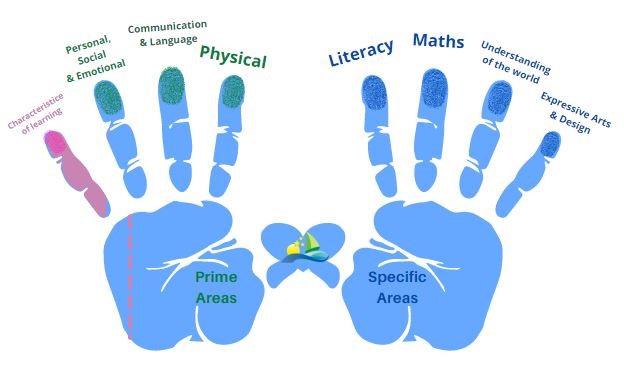
At Darlinghurst Academy, our children are at the centre of all that we do. We pride ourselves on providing a nurturing, creative and positive learning environment. Nurture helps our young children form positive relationships, build resilience and improve their social, emotional and mental health and wellbeing.
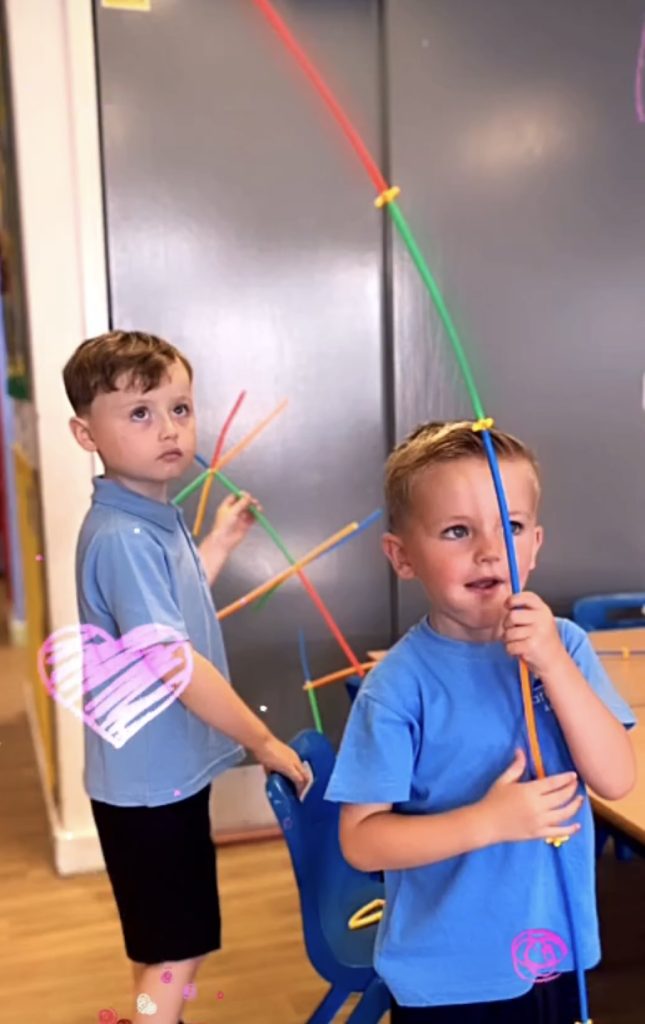
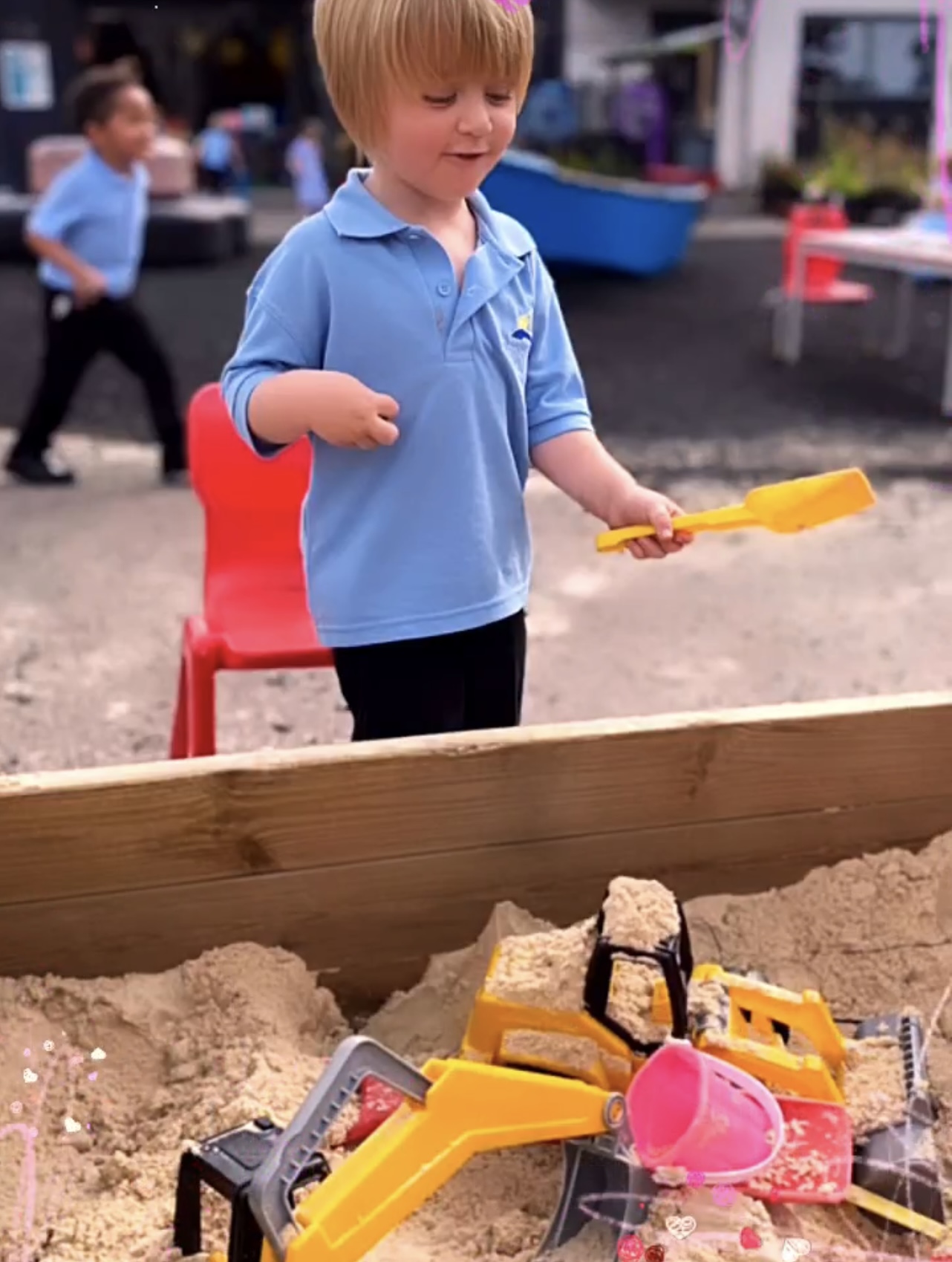
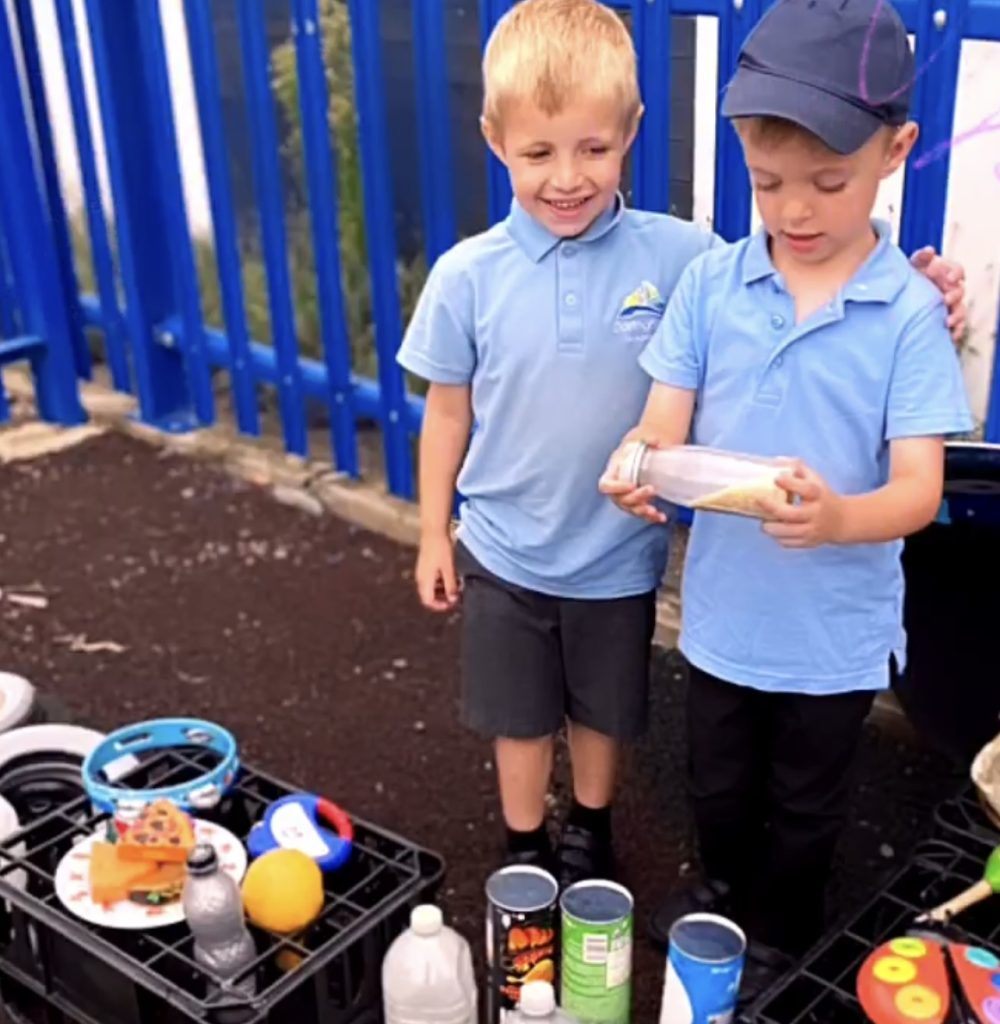
1. Children’s learning is understood developmentally
We know that children are at different stages of development – socially, emotionally, physically and academically – and need to be responded to at their developmental stage in each of these areas. Our team responds to each child’s individual needs, helping them to feel confident, safe and secure.
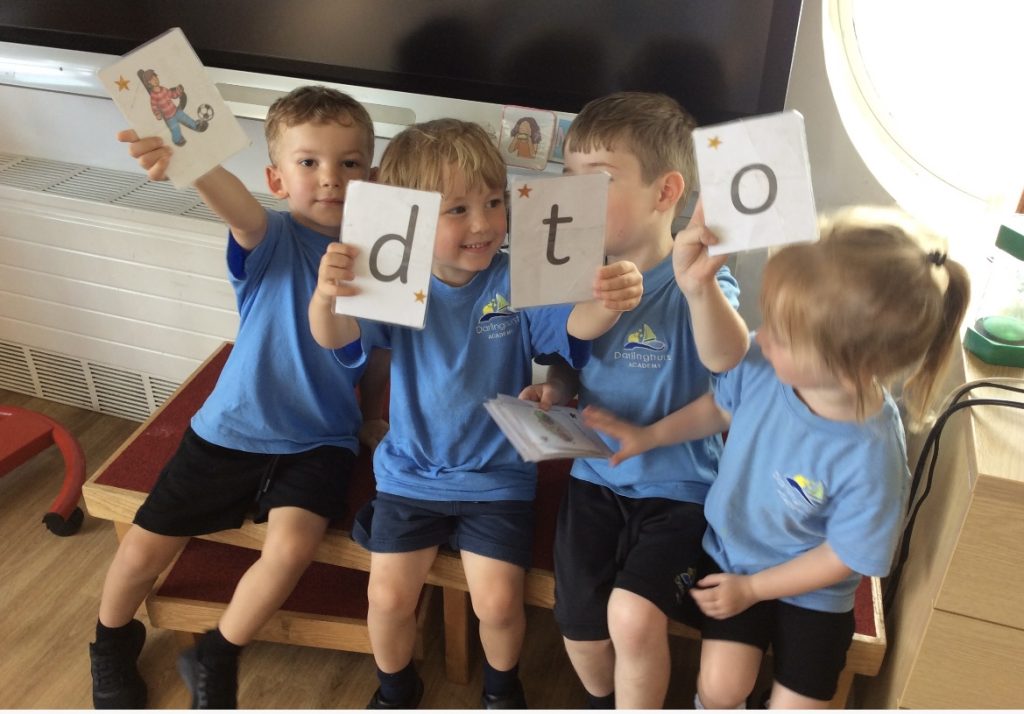
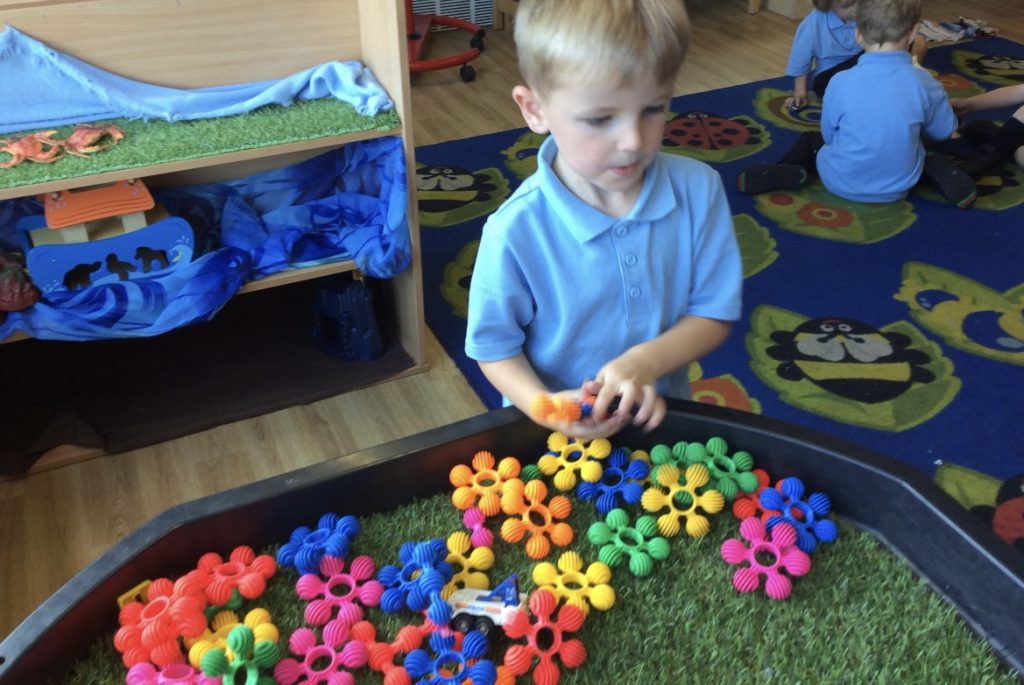
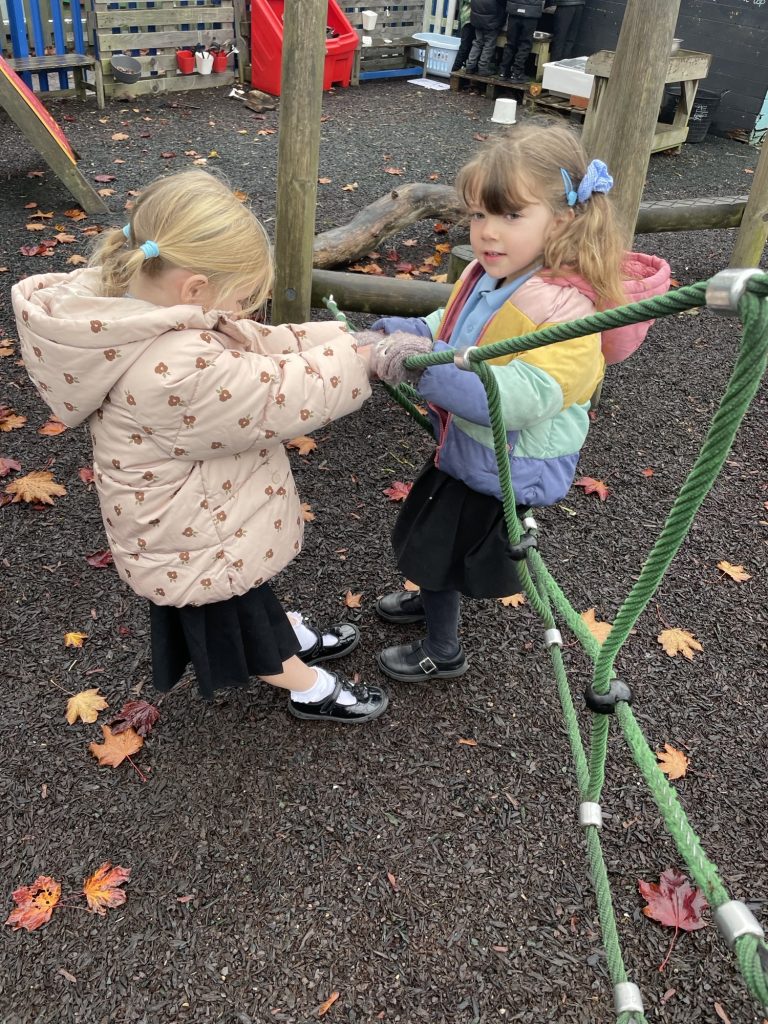
2. The Rockpool offers a safe base
The rockpool is an environment that is inviting and nurturing for all. The indoor and outdoor zones offers a balance of educational and social, emotional and mental health experiences aimed at supporting the development of children’s relationships with each other, their key worker and the wider team. All the team are reliable and consistent in their approach to children. They all know our children well.
We know that predictable routines provide clear expectations and positive models. They provide safe boundaries. Academy routines start in nursery. We also provide safe spaces to regulate or relax. Mindfulness is part of our provision.
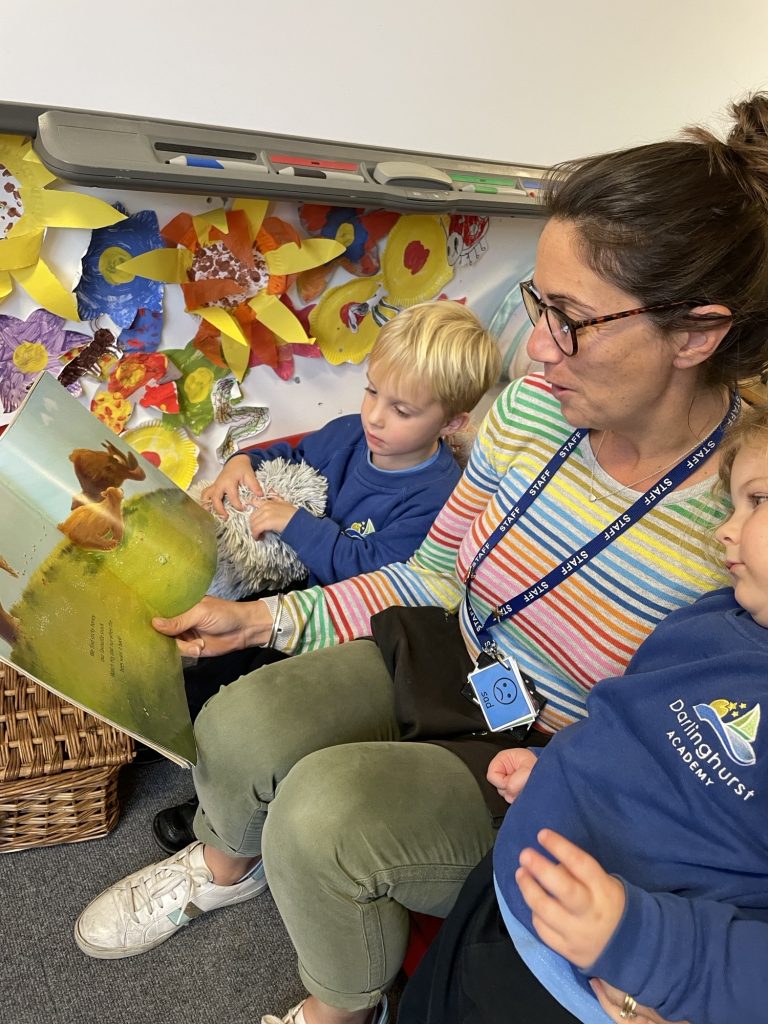
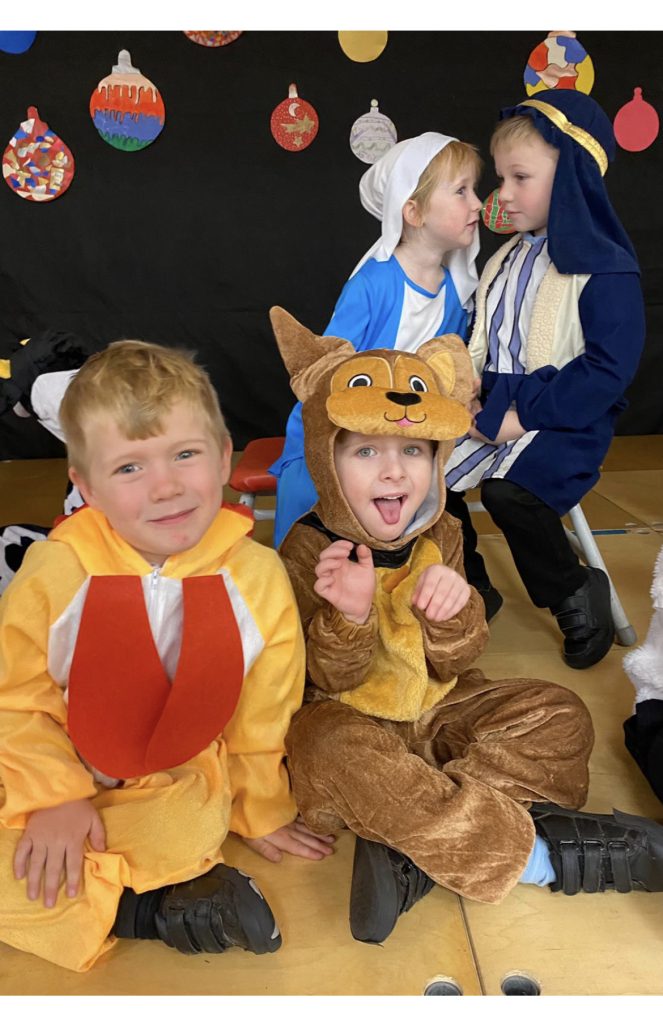
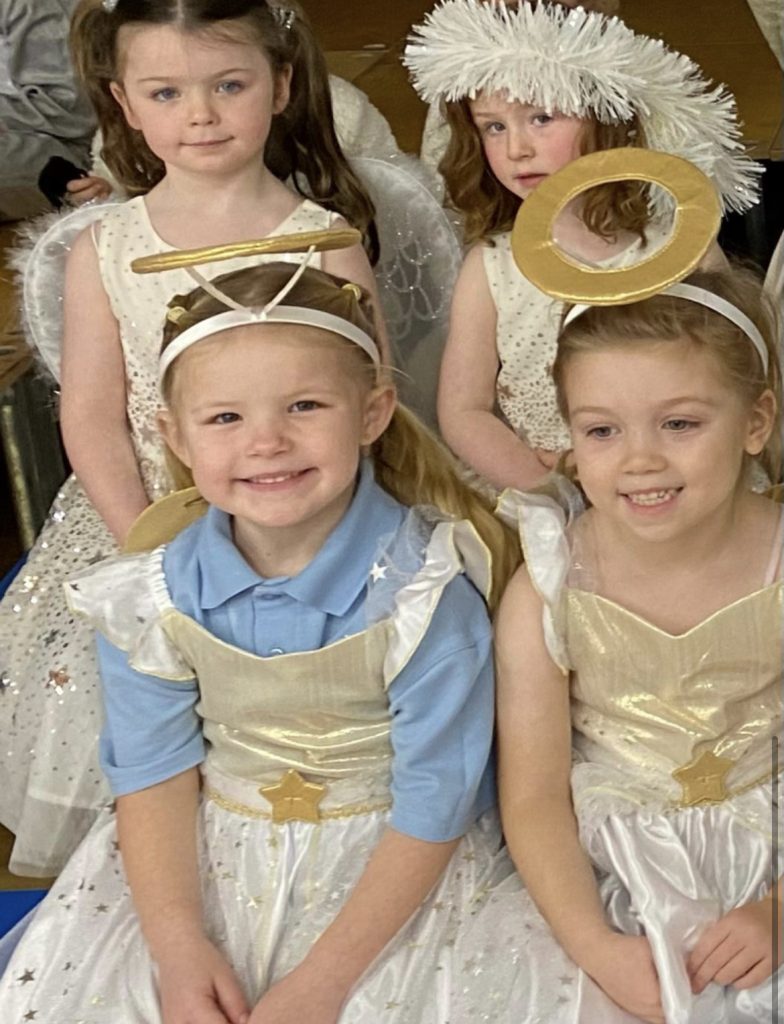
3. The importance of nurture for the development of wellbeing
Nurture involves listening and responding; tiddlers is a place full of talk. Our children are active in learning. Every child is valued and heard. They are tiny individuals supported in their character development and interests. The team notice and praise every small step and achievement. We celebrate together and share news with home via our online Tapestry Journal. The journal is accessible by both parents and the Early Years team. It contains observations, photographs, samples of drawing, writing, art work and documents their experiences, skills, interests and progress within the seven areas of learning identified in the Early Years Foundation Stage Curriculum.
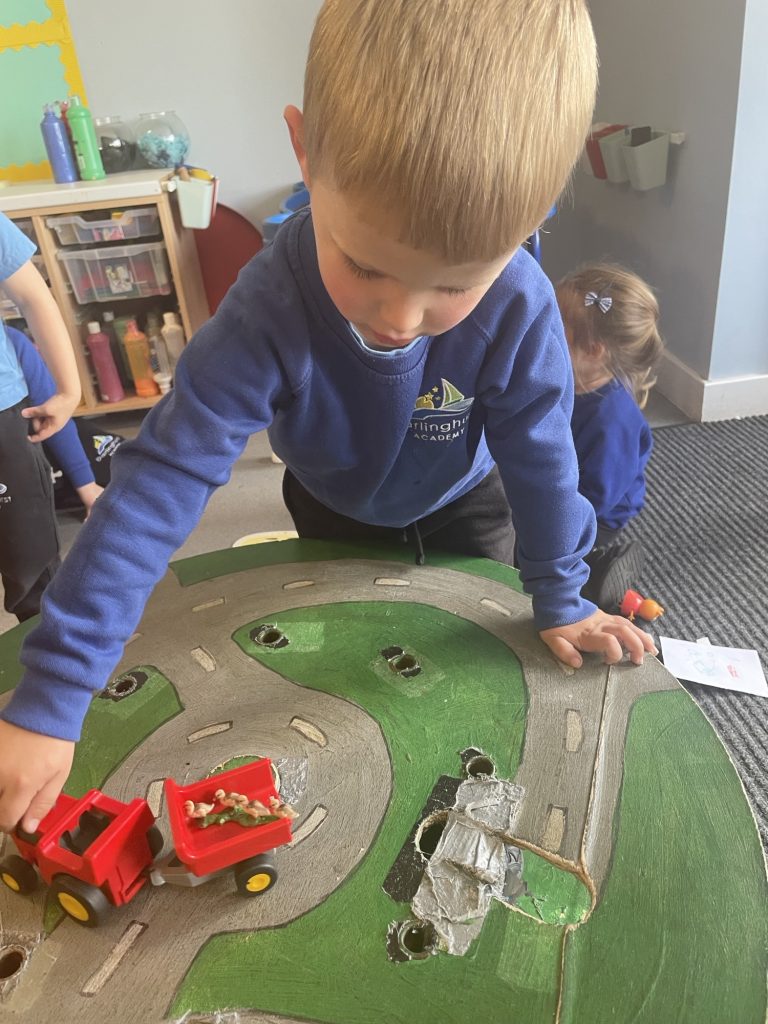
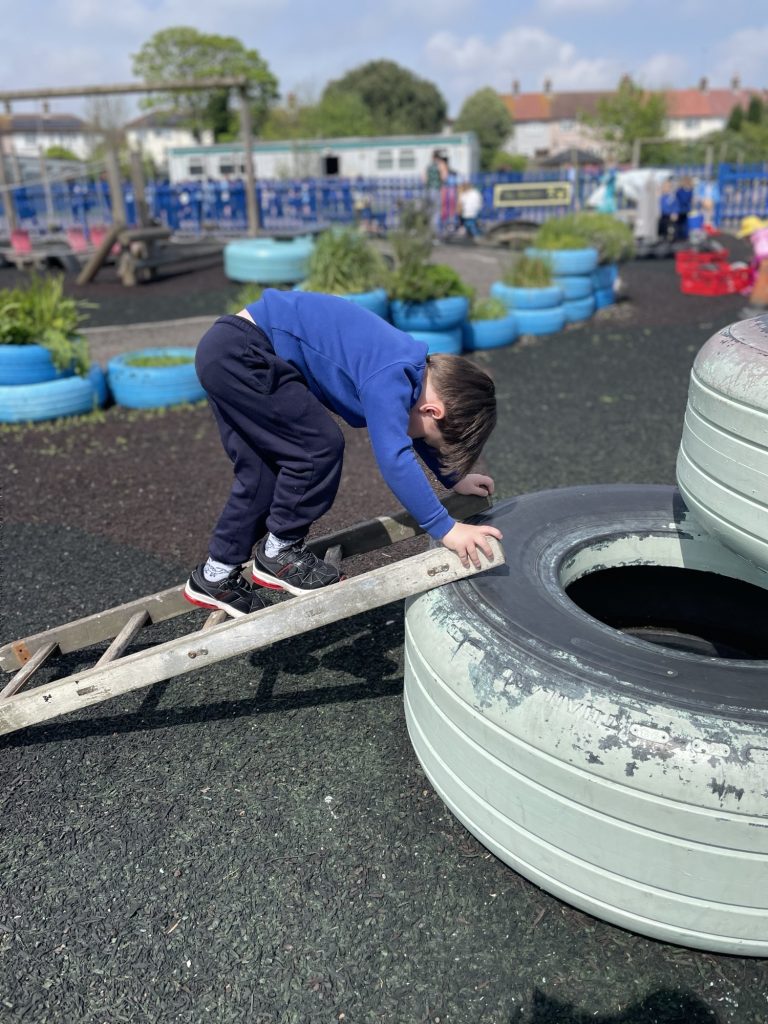
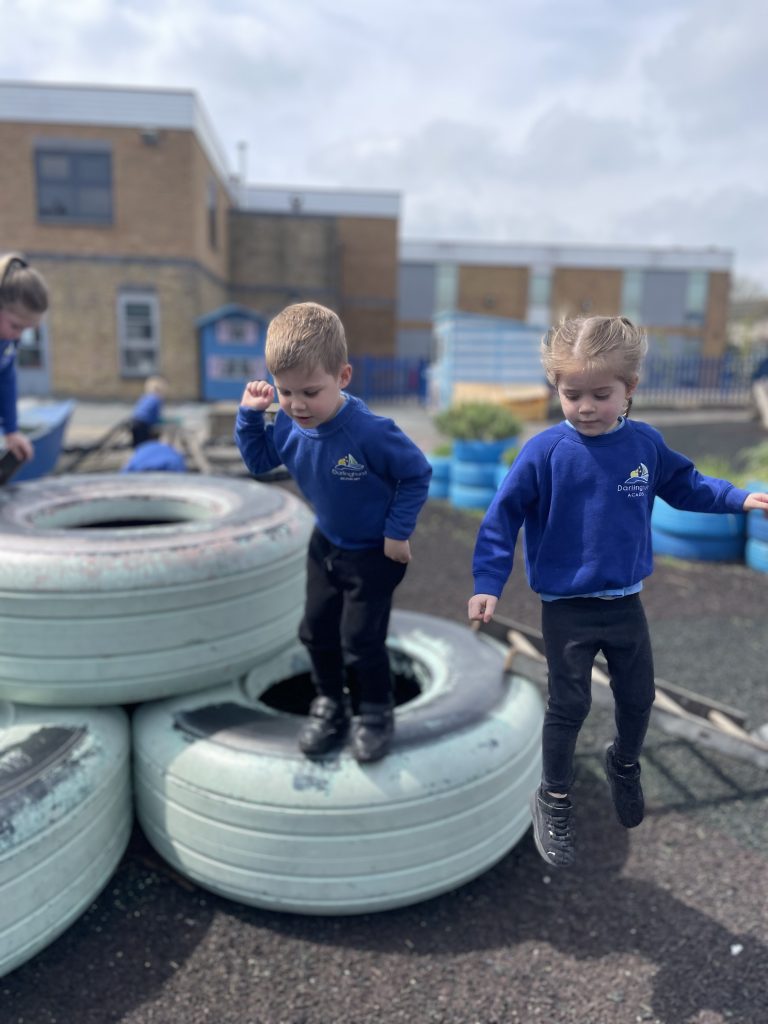
4. Language is a vital means of communication
Our children are encouraged to express themselves. The team support them in developing their confidence and ideas; to understand their thoughts and feelings. We support them with the language and tools to manage their feelings. This enables words to be used instead of actions to express feelings, and imaginative play can be used to help children understand the feelings of others. We develop emotional literacy in nursery and beyond. Staff use commentary during play to model language and support development.
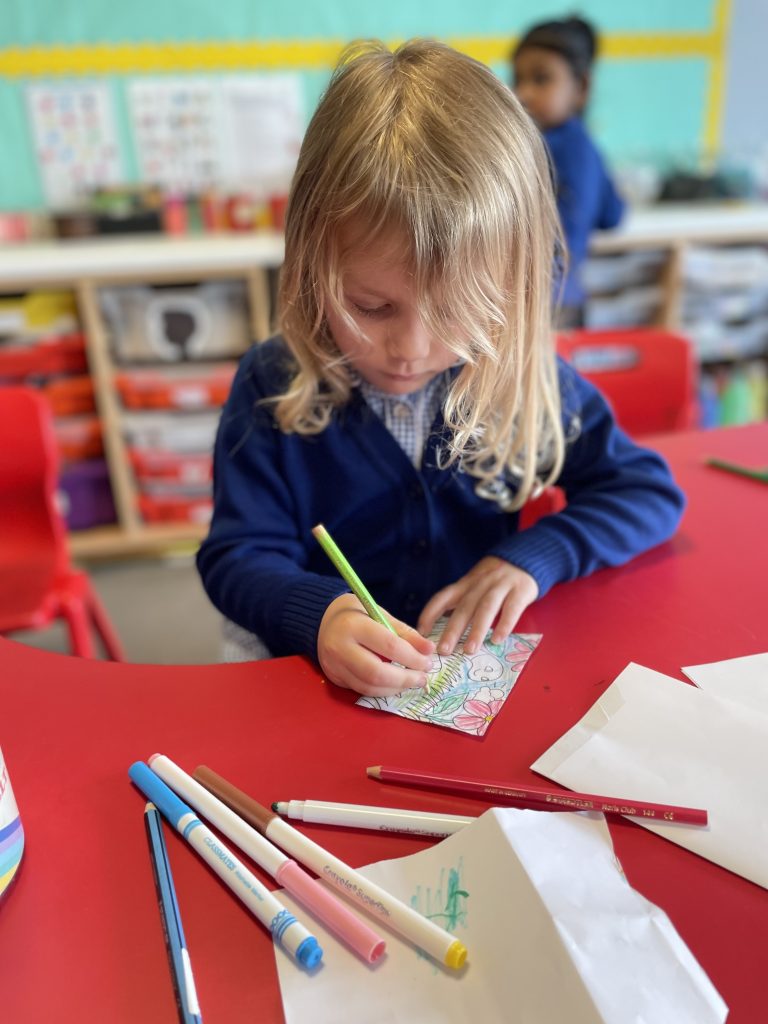
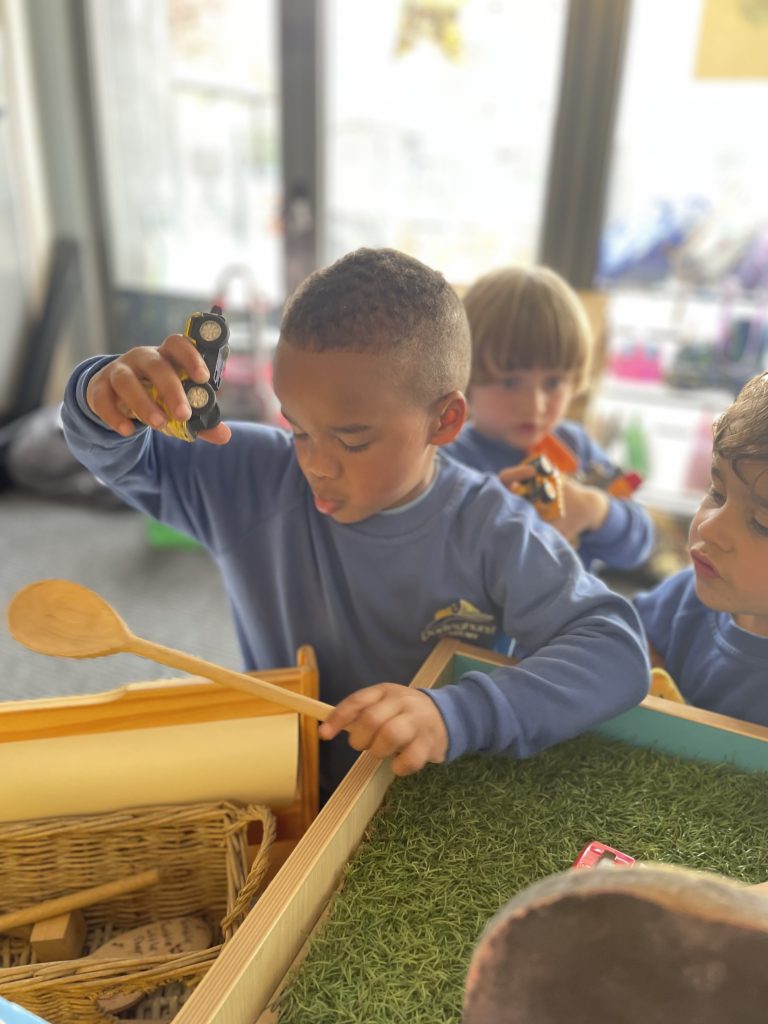
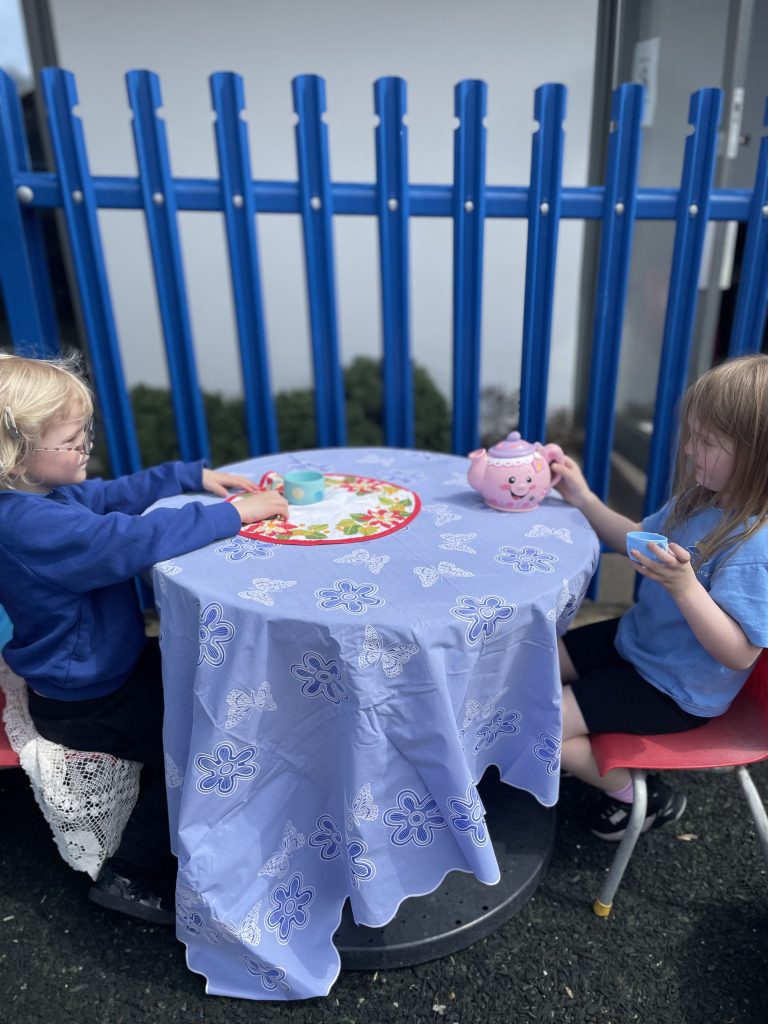
5. All behaviour is communication
People communicate through behaviour. It is the role of the team to help children and young people to understand their feelings, express their needs appropriately, and use non-threatening and supportive language to resolve situations.
The outward behaviour is often the ‘tip of the iceberg’ and we look to support the needs of the child through an holistic approach. This helps the team to consider, what are they trying to tell us? All the team use a relational approach to support children in managing their behaviour. Having a quiet area helps our children to calm, and give time to talk.
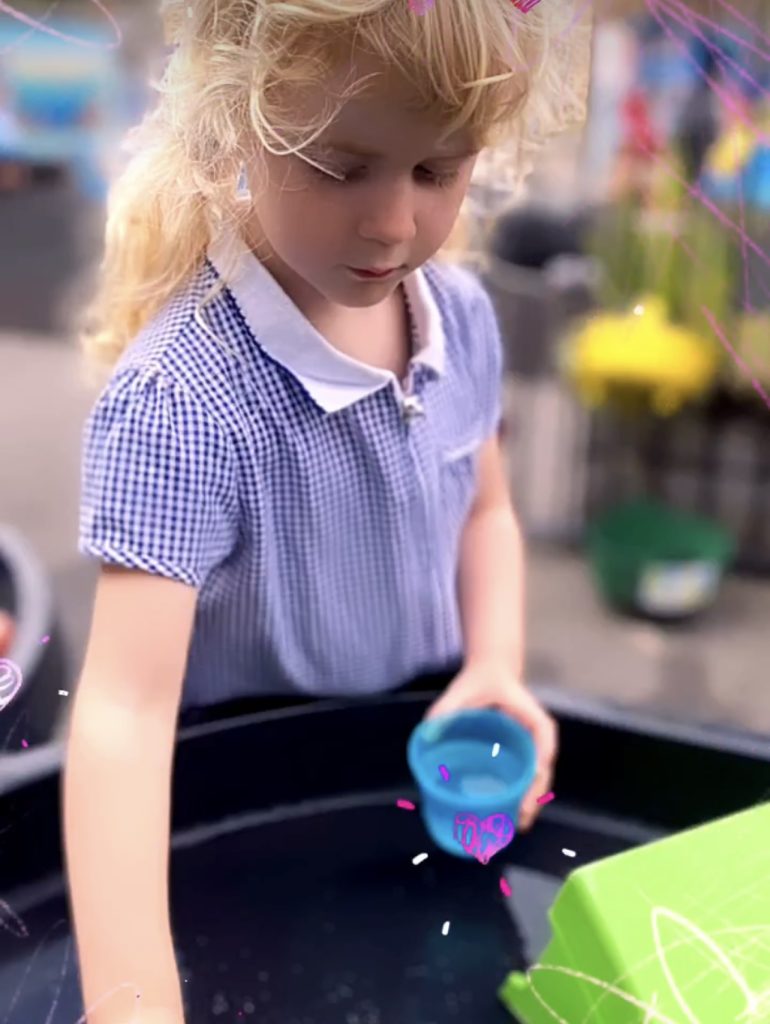
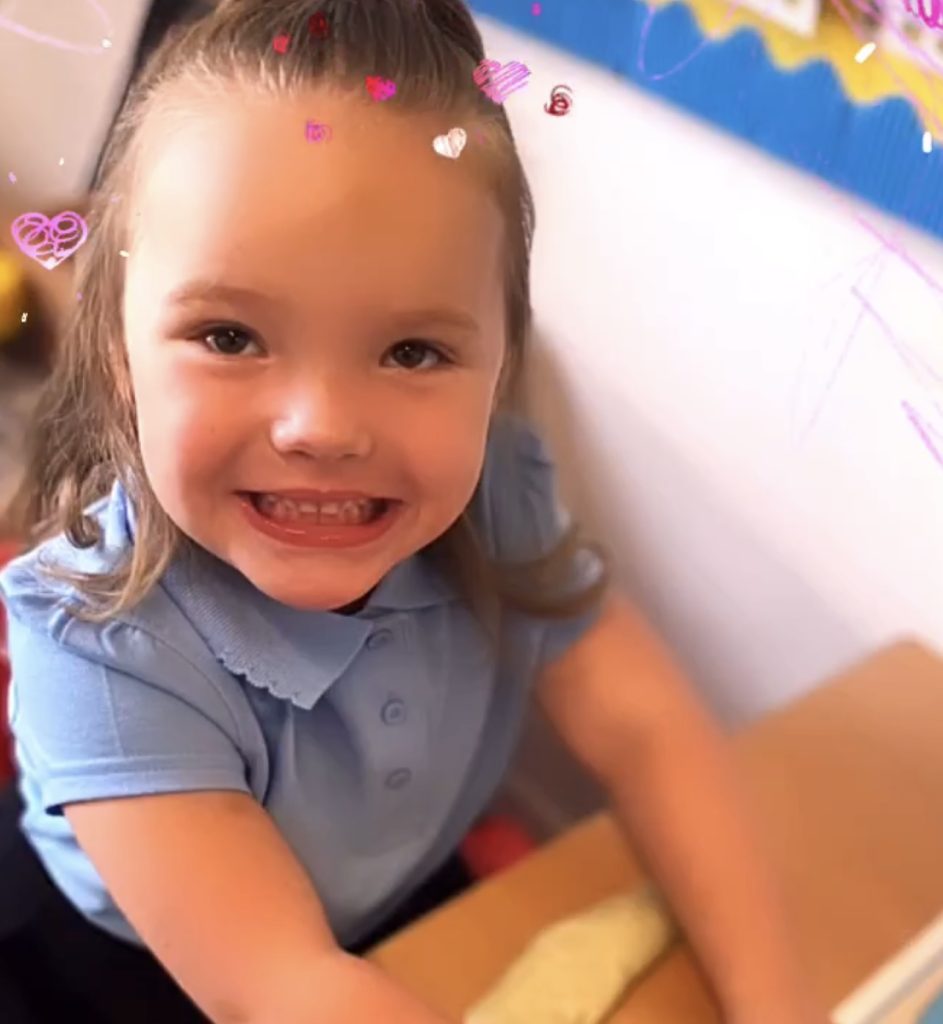
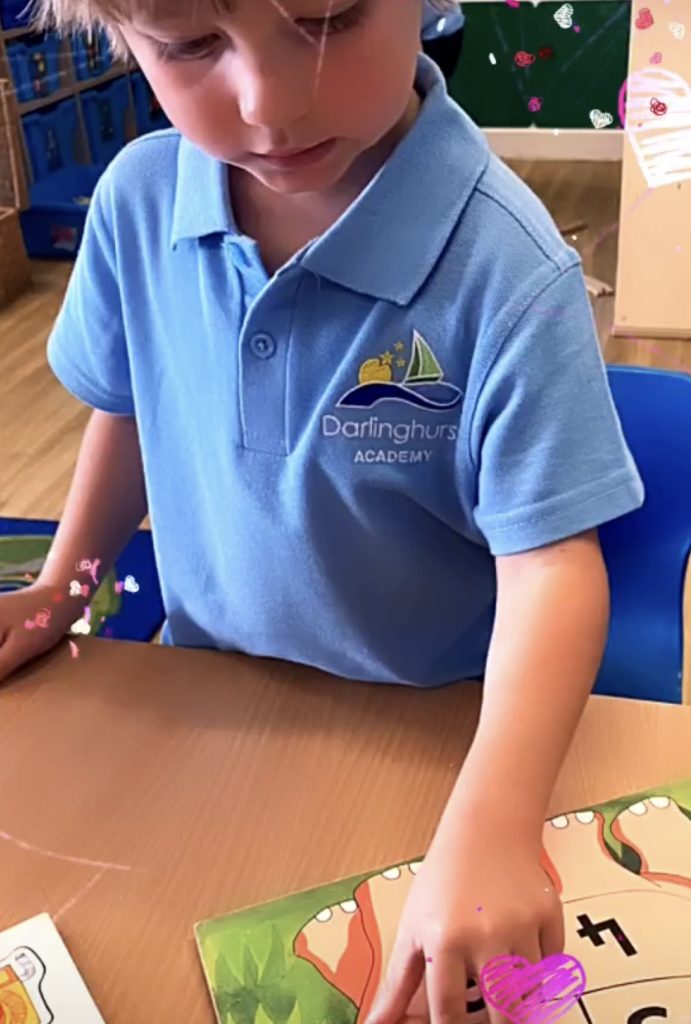
6. The importance of transitions in children’s lives
Children experience many transitions throughout their lives, and on a daily basis; transitions from home to school, between classes and teachers, from breaktime to lessons, or moving from primary to secondary school. Our staff help the children in transition with carefully managed preparation and support from the outset of starting school. We prepare our children for change and have settling and transition routines. We know that children and young people may feel calmer if time can be made to discuss how they feel when things change, in an open and honest way, to help them put coping strategies in place. Induction processes are in place for starting Tiddlers or Reception.
The Early Years follows the Statutory Framework for the foundation stage
